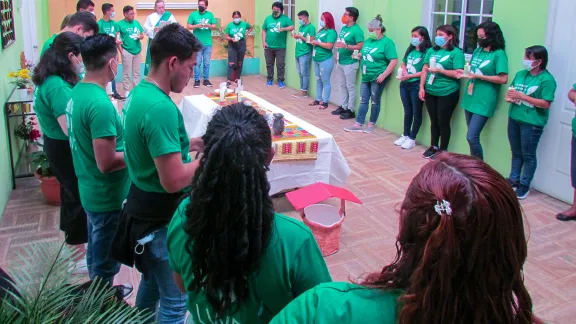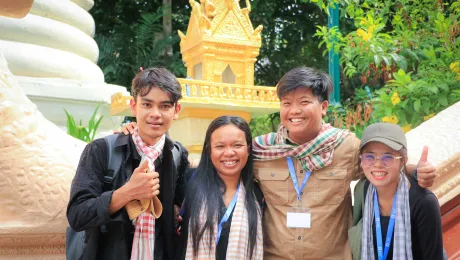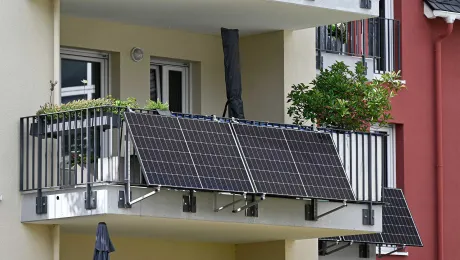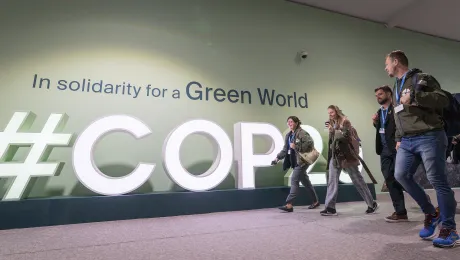Workshop strengthens advocacy through exchange and collaboration

Church service and blessing of participants during the LAC regional workshop for climate justice in El Salvador. Photo: LWF/LAC
(LWI) – Climate change poses many challenges to development in Latin America and the Caribbean. This region already experiences the impacts of climate change through droughts, floods, ocean acidification, sea-level rise, tropical cyclones, and temperature changes negatively affecting coastal livelihoods, tourism, health, food, and water security. In the face of this, 36 youth, pastors, and lay people met for a workshop in El Salvador from 26 to 28 July to build a roadmap to achieve climate justice.
They came from The Lutheran World Federation’s (LWF) member churches in Honduras, Guatemala, Nicaragua, Costa Rica, El Salvador, Peru, Argentina, Brazil, Colombia, and Chile.
Among the international guests contributing to the workshop was Ramón Pichs. He is the Vice-Chair of the UN Intergovernmental Panel on Climate Change (IPCC) working group focusing on climate change mitigation, assessing methods for reducing greenhouse gas emissions, and removing greenhouse gases from the atmosphere. He was joined by Rev. Dr. Rafael Malpica, Executive Director for Global Mission of the Evangelical Lutheran Church in America (ELCA); Rev. Kerstin Schönleben, Head of the Latin America Department at Mission EineWelt, Germany; and Salvador Nieto from the Salvadoran Lutheran University.
“Our member churches are experiencing climate-induced loss and damage. However, they are also creating initiatives for adaptation and mitigation that respond to people’s needs,” said General Secretary Rev. Anne Burghardt in a video greeting to the workshop. “As a communion of churches, the spiritual and theological gifts of the Lutheran tradition help us cultivate an ecological sense of being human and a vocation to care for the well-being of all creation.”
Climate change is an additional burden for the LAC region on top of other challenges. It exacerbates poverty and inequality, forcing internal displacement and migration, driving people from their homes, and jeopardizing food sources and livelihoods.
Diego Gil, one of the participants from the Augustinian Lutheran Church of Guatemala, said that the climate crisis reflected “the asymmetries in a global society”. Action and advocacy by churches and civil society seek to address this imbalance.
Participants committed to working together to strengthen the knowledge and capacities for climate justice advocacy of LWF member churches in the region. They also agreed to step up and share best practices in this field. On a political level, they agreed to advocate at the national, regional, and international levels to achieve the commitments set out in the Paris Agreement. They will also promote and share local knowledge and experience about climate justice. This includes changing economic practices increasingly endangering nature and human life.
“The workshop was a success and greatly contributed towards building capacities for climate justice advocacy in our member churches,” said Elena Cedillo, LWF’s Program Executive for Climate Justice. “It builds on a process that began in 2020.” Following the last meeting, participants will contribute to the next Action for Justice Forum on Climate Justice at the end of August with their climate justice roadmap.
By LWF/A. Weyermüller


